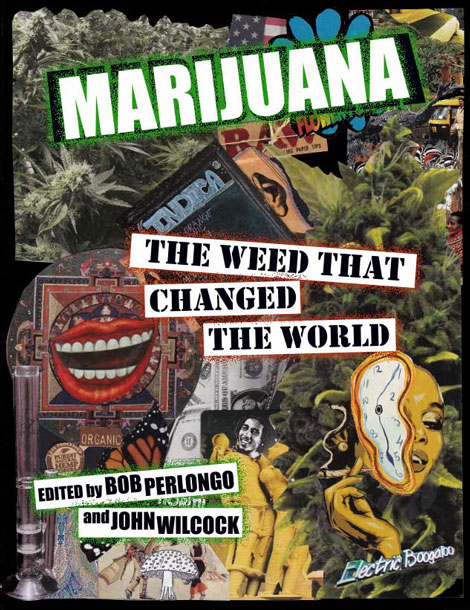
The Column of Lasting Insignificance: November 15, 2014
by John Wilcock
“It’s the movies that have really been running things in America ever since they were invented. They show you what to do, how to do it, when to do it, how to feel about it, and how to look how you feel about it.”
— Andy Warhol
“My fascination with letting images repeat and repeat – or in film’s case ‘run on’ – manifests my belief that we spend much of our lives seeing without observing.”
— Andy Warhol
At the height of the filmmaking, the atmosphere at the Factory had become somewhat circus-like, virtually out of control. Andy’s unwillingness to reign anybody in, his dislike of confrontation and his need to be surrounded by the motley crowd which provided the fodder for the movies as well as the endless people doing business of one sort of another, sometimes resulted in a kind of layered chaos. One afternoon I stood among the regulars just inside the door, unable to get past the various friends and media types (Italian and French magazine writers) who were milling around watching German television videotape a group of photographers doing a layout for Vogue of models posing against the backdrop of Paul and Andy manning the movie camera focused on whatever drama was being enacted against the rear wall.
Paul and the debonair Fred Hughes, who regarded himself as Andy’s social secretary, and who came to be the Factory’s dominant figure, were often in dispute over this sort of thing. “He wanted a place where no one would hang out” Fred recalled. “The kids wouldn’t be here, they’d come just for business, just to find out about a job, and then they’d leave (but) I think it’s better to enjoy what you’re doing and the way it’s taken place is more like an accident. Since the people who come here have such a good time. We use unusual people and they need a place to (posture) even when they’re not in the films”.
What did Fred think it was, I asked, that made Andy so sympathetic to and interested in all the freaks that were usually around the place?
“Well, first of all he has that terrific look of appearing very old and very young at the same time. This look is really important to what he does. And he has the kind of innocence that comes from someone who really doesn’t have any specific motives except to promote entertainment”.
Bourdon, a perceptive former Life magazine art critic and longtime Warhol friend, also talked of this entertainment aspect. “He insists that he’s in show business”, David told me in 1970, “and that he is through with art (which) is very dull and that show business is much more glamorous and exciting”.
Drama of any kind was obviously meat and drink to him as anybody could see if they spent time around Max’s Kansas City, the Union Square tavern which became the ipso facto Factory local during the late Sixties. There were innumerable occasions when a simple evening’s food and drink ended with some superstar acting up–jumping atop a table, squirting beer across the room or simply yelling at some imagined enemy. One night Brigid Polk found a cockroach in her potato and started screaming. Andy was muttering, ‘Oh Brigit’ to calm her down, but he obviously loved it.
(From The Autobiography & Sex Life of Andy Warhol by John Wilcock, 1971)
Bakewell (part 2), its mayor, and its pudding…
National Weed (1974, issue #3)
it’s here…

